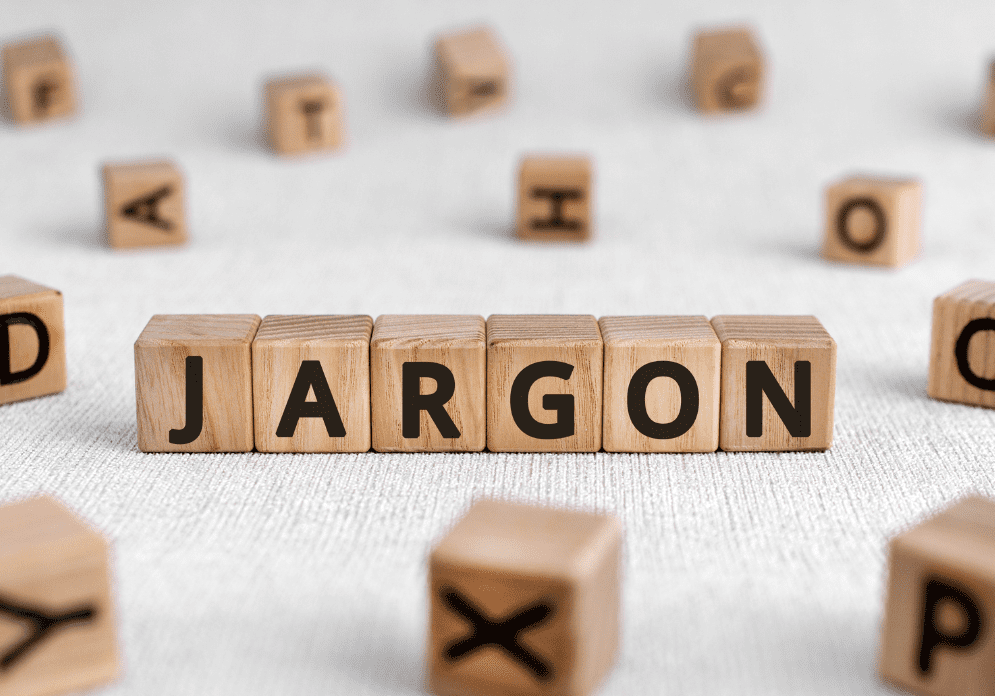
Jargon-busting July at SARSAS!
Have you ever wondered what CBT or ‘trauma-informed’ actually means? Wonder no more...
When trying to get support we can often be faced with lots of jargon that doesn’t mean much to most people. We hear about ‘trauma-informed’ or ‘person-centred’ support and we can be offered things like CBT and psychotherapy without really knowing what it is. When seeking help this can be a huge barrier.
The aim of this blog is to demystify some of these terms to, hopefully, help you feel a bit more informed and confident about what support would work for you.
The first and most important point to remember through any support and recovery is that THERE IS NO RIGHT WAY. Just because an approach works for someone else, it doesn’t mean it will work for you and vice versa. We all have different brains and whatever way you respond to trauma and support is completely justified, completely natural, and a completely human response.
- CBT stands for Cognitive Behaviour Therapy.
This is a type of therapy that focuses on behaviour patterns. A therapist will look for negative behaviour patterns that can lead to feeling depressed or anxious. CBT works to spot these behavioural thinking patterns and change them into positive ones.
For example, “I’ll never have a lasting relationship” might become, “None of my previous relationships have lasted very long. Thinking about what I really want from a partner can help me find someone I’ll be compatible with long term.”
- Psychotherapy usually involves talking to a therapist, but sometimes other methods may be used – for example, art, music, drama, and movement. It can help you discuss feelings you have about yourself and other people.
Psychotherapy can help eliminate or control troubling symptoms so a person can function better and can increase well-being and healing.
- Trauma-informed means understanding the connection between someone’s experiences and the difficulties they face because of these experiences.
Trauma can cause a wide range of symptoms such as:
- Feeling irrational
- Fatigue
- Physical pain
- Difficulty concentrating or memory loss
- Feeling unsafe in the world.
When someone works or behaves in a trauma-informed way, they will understand the different ways that trauma can impact someone and how this affects the way they respond to people, promoting safety, empowerment, and healing.
The overall goal of trauma-informed care is to avoid re-traumatizing someone.
- Person-centred support means that your needs are placed at the centre of all decisions relating to your health and wellbeing. It is about focusing on the support you need and want rather than fitting into a pre-designed care or support plan.
You should be asked what you want and be put in control of your support. You should be physically comfortable and safe and given the information you need to make informed choices about your support.
- Grounding yourself is the process of balancing your physical, emotional, mental and energy state and reconnecting them in the present moment.
People who have experienced sexual abuse or assault can sometimes be confronted by flashbacks or intense memories of the experience, to the point that they feel as if they are back there, reliving the abuse all over again. A flashback is an example of being in the “there and then” rather than the “here and now,” so grounding exercises can help to bring you back to the present moment.
When we are not grounded, we may also feel lightheaded, tired, disconnected, dazed, confused, shaken or emotionally unstable.
Some tips for grounding yourself are:
- Taking 10 long deep breaths
- Splashing your face with some water and notice how it feels
- Put on a song of your choice and pay attention to it
- If you have a pet, play with them
- Writing down your thoughts.
- Safeguarding means protecting the health, wellbeing and human rights of children and adults at risk of harm, enabling them to live safely, free from abuse and neglect.
If you are a vulnerable adult or child (under 18) and are at risk of harm and you tell a support service, they will have to share this information with others. That could mean social services and/or the police. Services also will have to share information if the risk is not to you but to a vulnerable adult or child. For example, if the person who harmed you is a teacher with access to children, or a carer for a vulnerable adult.
If a service is starting a safeguarding process, they should tell you before it begins and involve you as much as possible.
Always remember that recovery is a journey that is different for every single person.
If you would like to talk to a member of the SARSAS team about your experiences please reach out. We will listen to you and believe you.
Anyone can call either of our free helplines: 0808 801 0456 or 0808 801 0464.
They are open Monday & Friday: 11am – 2pm and Tuesday, Wednesday and Thursday: 6pm – 8pm.
We’d love to know if you found this blog useful, or if there’s any other topics you’d like to see covered. Follow us on Facebook, Twitter and Instagram and let us know!
The latest from our news and blogs

Trans, Non-Binary, and Intersex (TNBI) Support Group
Coming together in a confidential space to support each other and identify ways to move forward after rape & sexual abuse.




